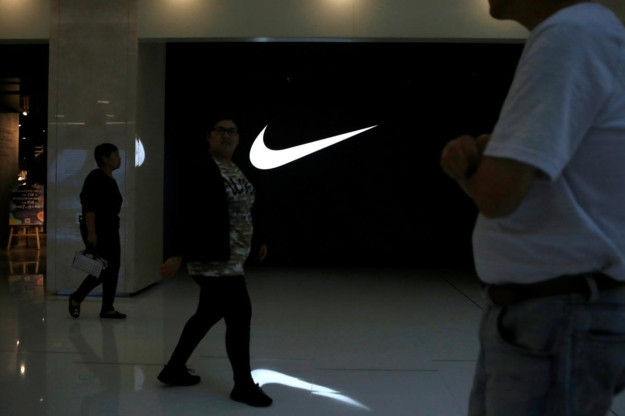China is now hardly seen by American companies as a land of new opportunity as local consumers are shifting their allegiance to local brands as a result of the global economic trade environment putting the world economy at a balance.
Foreign brands are losing their appeal in China.
Gao Yang, 39, who works in home decoration, said, "The quality is similar, so why not buy China?"
This view in buying China-made products was in sharp contrast to a Hill+Knowlton Strategies survey in 1998 that says no Chinese thought Chinese brands were cool.
A former fan of Nike and Adidas, Mr. Gao changed to Li-Ning, a mainland-based sportswear brand that is fashionable now in China.
Li-Ning profits increased by 35% year over year in the six months that ended on June 30.
Triumph of Chinese brands over foreign brands is never more evident than in its smartphone sales.
In 2011, 70% of favored phones in China were from Nokia, Samsung, and Apple.
In the first half of this year, the top three phones are now all homegrown: Huawei, Oppo, and Vivo with a 71% share of the market between them.
With the Chinese brands getting stronger and foreign brands running in trouble with Chinese politics, US brands are getting out of fashion.
Chinese allegiance to their own was recently felt when a tweet, later deleted, by the general manager of Houston Rockets encroaching on the political events in Hong Kong made stores
remove Rockets gear and had sponsors pulling out deals from the NBA.
Even game broadcasts got canceled.
China's e-commerce searches for Rockets items turn up error messages.
The decline in market share is felt also in the sales of appliances, passenger cars, pet food, and video games.
Chinese support for foreign brands is very important to the global economy because China now answers for a third of the global growth according to Credit Suisse adding that it is now the world's largest source of household wealth.
Even New York-based research firm eMarketer said China will beat the US in becoming the world's largest market in 2021 with analysts putting $5.8 trillion in just retail sales alone.
The more Chinese buy locally, the more Western companies will have to rely on domestic buyers from their home markets.
While consumption had been high in 2019 for the US, data is showing it will not last.
The moment the Chinese economy shifts inward because supply chains will shrink and will send ripple effects, between $22 trillion and $37 trillion, or 15% to 26% of the global gross domestic product will disappear.
Still, some Western brands are thriving in China only because they made their products adapt to give it a more Chinese feel.
A good example still winning in the Chinese market is Starbucks that after losing grip on the Chinese market to Luckin Coffee, has opted for more local flavor, added a tea bar to their stores and even set up shop in a historic building designed by a Chinese architect.






